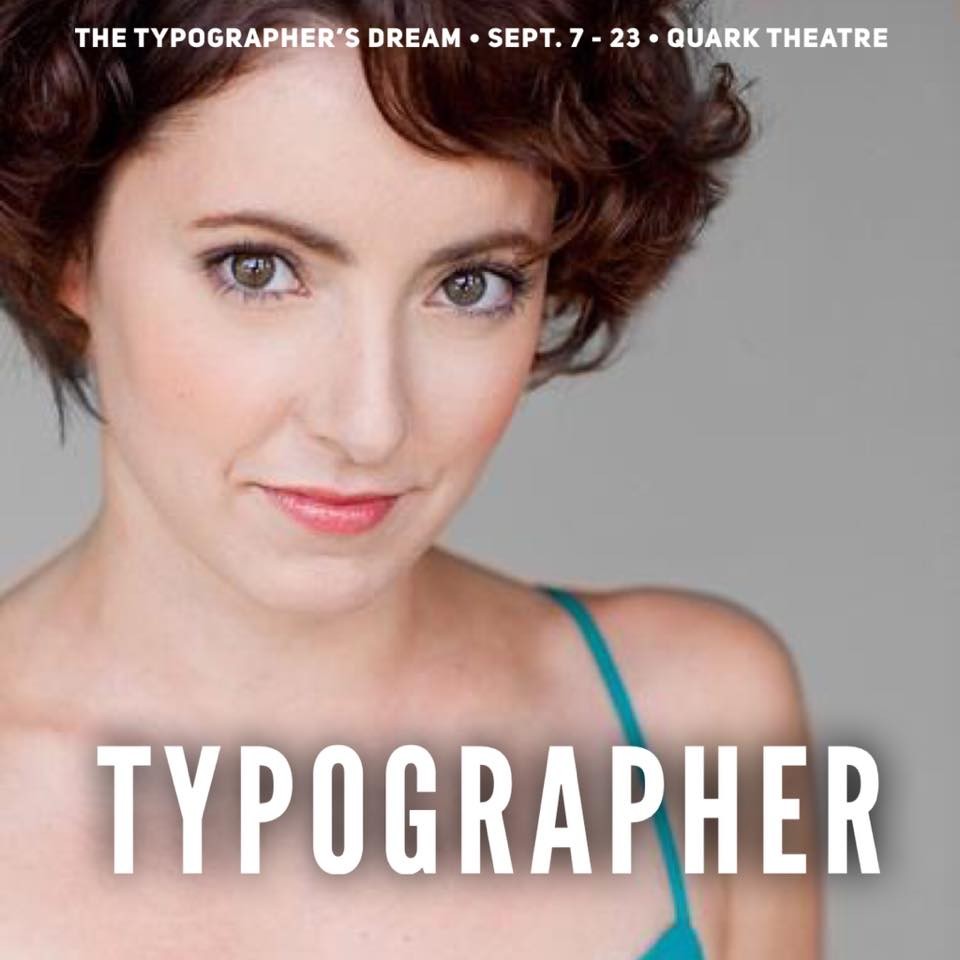
First off, Quark Theatre’s production of The Typographer’s Dream, is a fine, fine thing with more honest laughs, and little epiphanies than most plays twice its length. I’m probably not going to write very much about It though. Not because it’s not worthy, but because it’s a tiny thing, featuring only three actors, no set to speak of, and clocking in at around 75-minutes. More than usual, describing any of the component parts in any detail will spoil the fun.
Instead of narrative, playwright Adam Bock uses the convention of a panel discussion to just let a typographer, a geographer, and a stenographer talk directly to the audience about their seemingly unrelated jobs. The result is a curious, quirky show about the differences between what we do and who we are. Playing out like the most delightful documentary Fast, Cheap, and Out of Control filmmaker Errol Morris never made, The Typographer’s Dream is a subtle, jokey inquiry into the malleable, too-easily-shaded nature of translation and described realities. Best part: For being pretty heady stuff, Bock is never afraid to be a little poignant, and first and foremost, The Typographer’s Dream was built to entertain. But when the laughter fades, it may leave audiences contemplating the meaning, poetics, and ethics of their own occupations.

Jillian Barron is joyfully weird as the geographer. She’s one of those eternally chipper people and seems to love her job — and maps — just a little too much. Eric Vinton Jones plays the proud, disciplined stenographer like a man who’s always wondered what it might be like for somebody to care about what he had to say for a change. It’s a quiet, uncommonly honest performance, and very funny.
Of the bunch, Michelle Miklosey’s typographer has the most trouble getting started. Her character’s feelings are complicated and thinking about them doesn’t always bring clarity. She’s not sure how to describe her her job. She’s not a graphic artist or a word decorator. She’s engaged with so much more than a visual representation of language. She worries about truth and honesty and how meaning can be distorted if we give it a misleading physical form. The whole of this warm, probing (but not so deep) comedy turns on this idea. It’s frustrating. It’s lovely.
Speaking of misleading, it’s not entirely true that there’s no narrative here. A story tying the three panelists together does emerge from their fragmented work histories. It becomes full enough to trigger stylistically incongruous flashbacks that shouldn’t work but somehow do.

Director Tony Isbell’s kept things simple, which is never as simple as it sounds. It’s another winner for Quark Theatre, and bite-sized performance in Memphis.
The Typographer’s Dream closes this weekend, so catch it while you can. It would be so nice if a show of this scale — a show that could move into another theater, shopfront, lobby, or living room tomorrow — could be kept going. If it could be booked privately, like a band or deployed like a calling card to raise awareness, and $ for the company. But that never happens. Assume it will be gone after this weekend. Though it seems like such a disposable trifle, this is a show you want to see — a show you’ll want to keep with you. 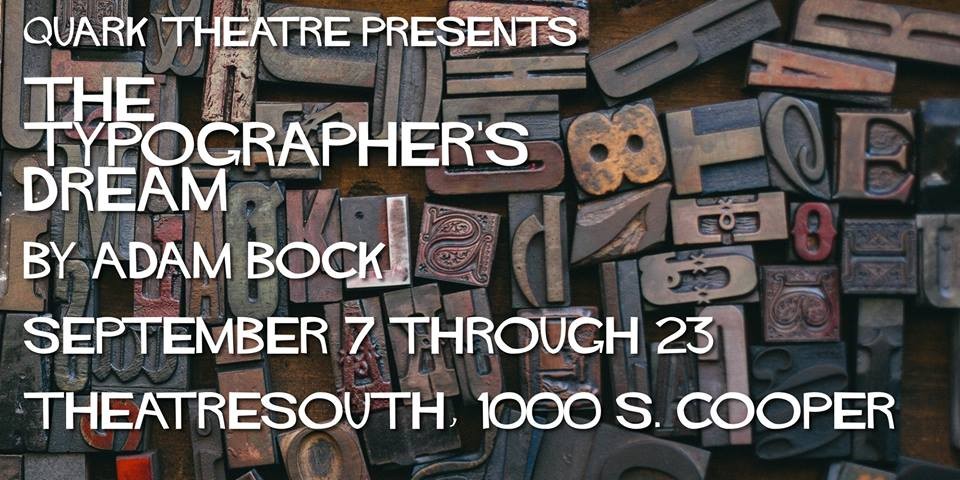
For more details, here’s the click.
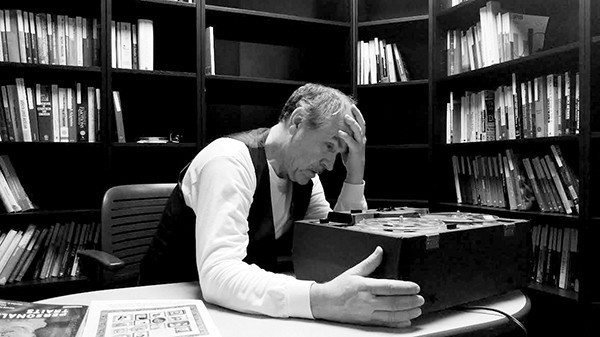
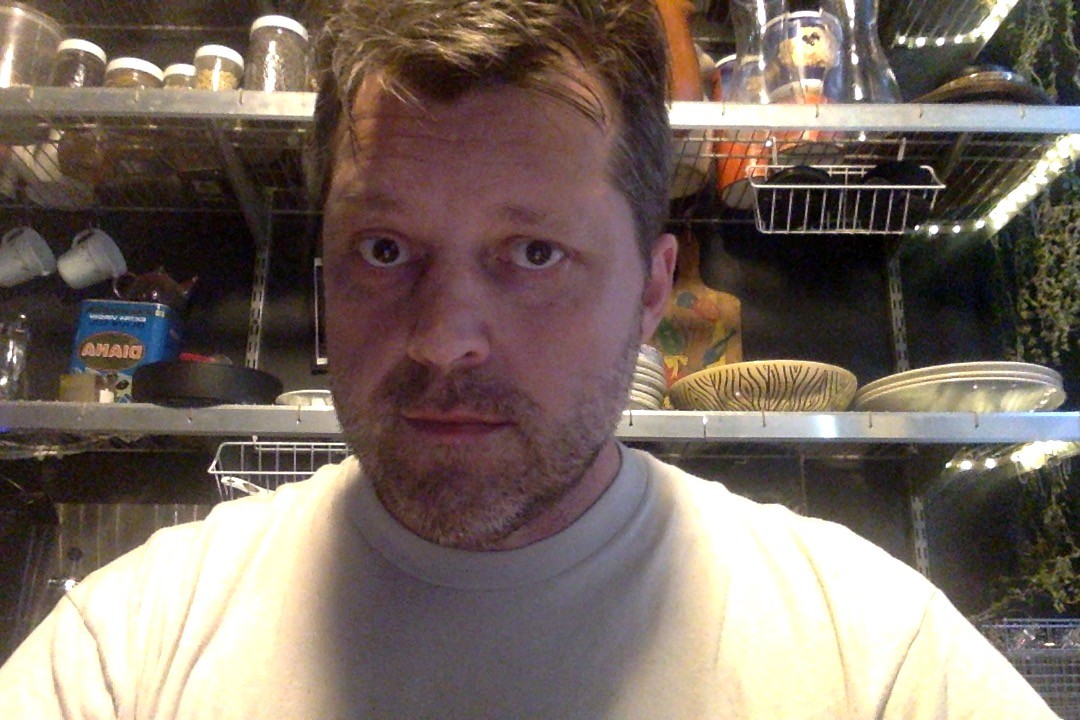 Me
Me 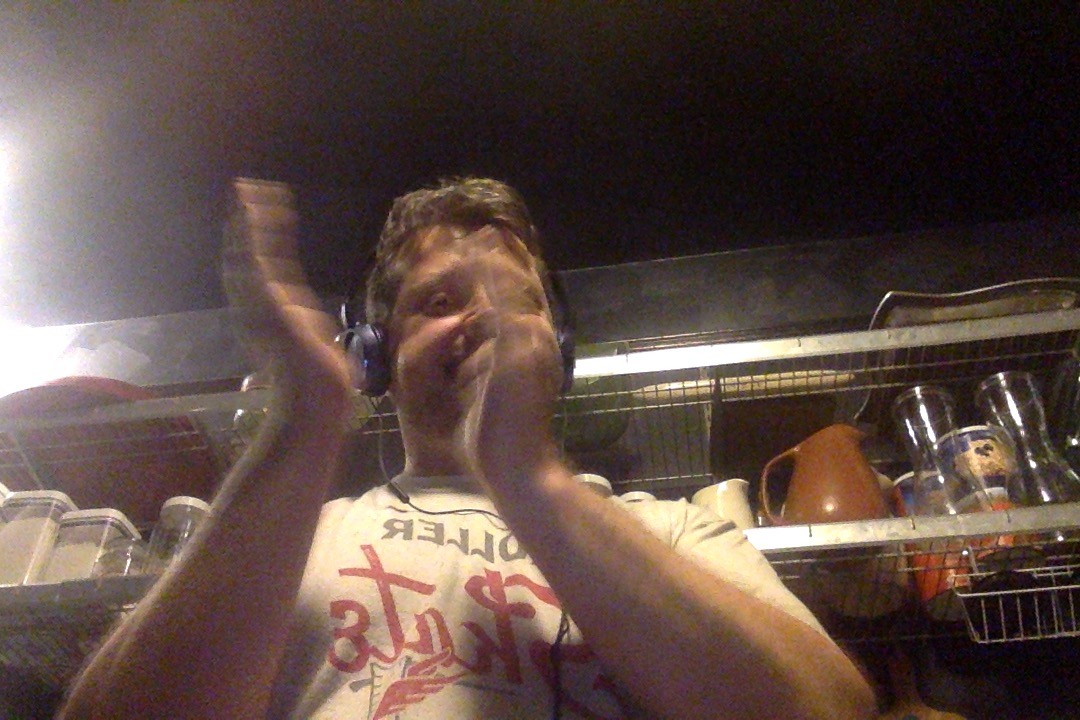 Me
Me